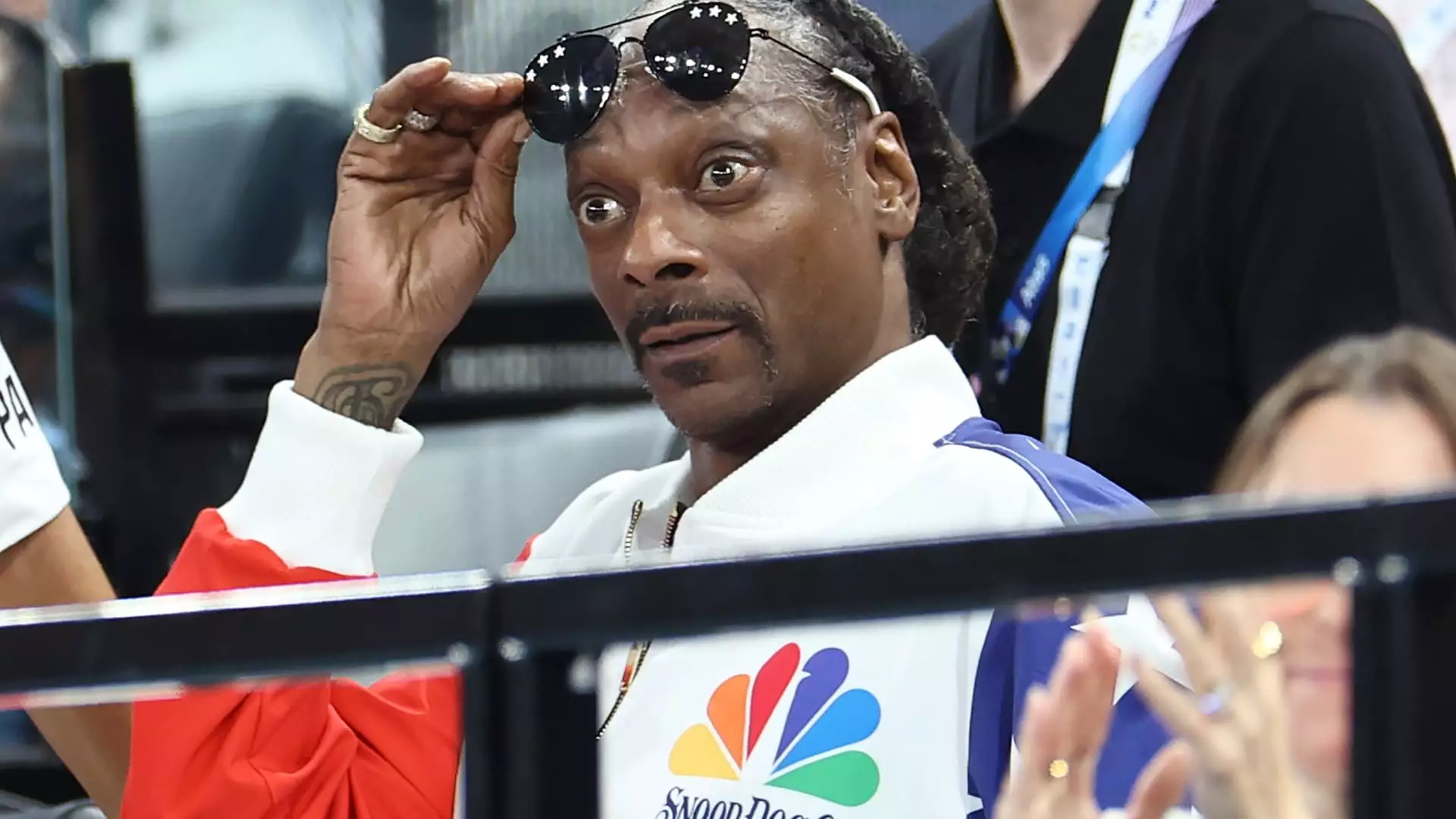In a move that feels both exhilarating and alarming, Comcast and the International Olympic Committee (IOC) have entered into a staggering $3 billion partnership that redefines the landscape of sports broadcasting. Elevating Comcast from a mere media rights holder to a “strategic partner” could be a double-edged sword. This arrangement is touted as revolutionary, yet it raises a number of questions about the commodification of sports and the true cost of such partnerships to both viewers and grassroots athletics.
The Olympic Games, an event that unites people across continents, should remain above corporate interest. However, as the IOC President Thomas Bach expressed, this isn’t just a simple media rights deal; it signifies a troubling trend where the very essence of sports is intertwined with corporate agendas. If this model continues, we may very well see the Olympics evolve into a spectacle that serves the interests of a few rather than the shared joy of the many.
Changes to the Viewer Experience
On the surface, the partnership promises to improve the viewer experience for the Olympic Games in ways previously unattainable. Enhanced broadcast infrastructure and U.S. digital advertising advancements could offer a more engaging viewing experience. But let’s take a moment to examine how much of these changes will serve commercial interests versus creating a genuine connection with fans. The overwhelming push for digital advertising risks overshadowing the athletic talents showcased at the Olympics. Spectacle tends to detract from sport, a concern that sports purists must consider.
While the promise of a richer, more interactive viewer experience is appealing, it sets a concerning precedent about who really benefits from these transformative changes. Enhanced technology should lead to a greater appreciation of athletic excellence, not just serve as a vessel for endless commercials and monetized content.
Financial Motivations and Dilemmas
The partnership is expected to be mutually lucrative, particularly as Comcast attempts to boost subscriptions for its streaming service, Peacock. But it begs the question: at what point does the pursuit of profit overshadow athletic integrity? NBCUniversal is already preparing to invest approximately $2.5 billion annually to broadcast a package of NBA games, indicating a broader strategy that values revenue over authenticity. The mounting financial pressures may inadvertently lead to compromises in the essence of the Olympic spirit.
Moreover, with over 30 million viewers tuned into the last Olympics on NBC platforms, the IOC is aware of the financial windfall but should also weigh the moral implications. Record advertising revenue of $1.2 billion must not eclipse the fundamental values of sportsmanship and international unity. The commercialization of the Olympics has the potential to dilute its significance, morphing a genuine global event into a mere transaction.
A Mixed Bag for the Future
While Comcast’s partnership with the IOC offers the potential for groundbreaking innovations in sports broadcasting, the overall implications should raise eyebrows among fans, athletes, and stakeholders alike. It’s a complex web—one that intertwines the thrill of competition with the ferocity of corporate ambition. As we look toward future Olympic Games, the voices concerned with preserving the sanctity of sport must ring louder, ensuring that the athletes’ triumphs remain at the forefront, not overshadowed by commercial interests. This partnership, like many others that intertwine corporate power with global sporting events, warrants scrutiny. Only time will reveal its true impact on the timeless spirit of the Olympic Games.

